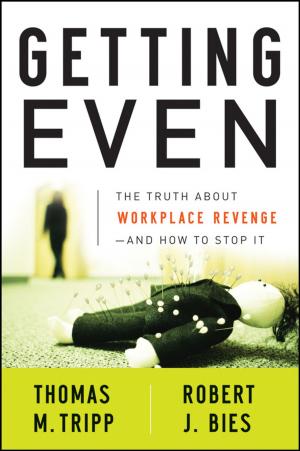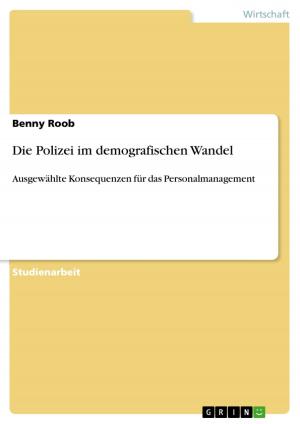| Author: | Jayaraman Iyer | ISBN: | 9788192000404 |
| Publisher: | Jayaraman Iyer | Publication: | September 17, 2010 |
| Imprint: | Smashwords Edition | Language: | English |
| Author: | Jayaraman Iyer |
| ISBN: | 9788192000404 |
| Publisher: | Jayaraman Iyer |
| Publication: | September 17, 2010 |
| Imprint: | Smashwords Edition |
| Language: | English |
Inactivity Based Cost Management [IBCM©] enables Study of Cost Consequence: activity has a cost incidence whereas inactivity a cost consequence. This is made feasible by defining Intangible. Intangible is the energy force making things work in this tangible world. When things do not work, as we see today, we tend to blame the financial results and chaos in the economy. That is old capitalism. IBCM© is New Capitalism where strategies are observed and reported on a real-time monitoring basis before the events overtake the results.
That is the study of Cost Consequence. Intangible enables it by differentiating between good intentions and broken promises. Good intentions are strategies, broken promises are strategies abandoned mid-way. IBCM© gives the way to identify those spots where inactivity occurs and corrects the situation.
This book is the primer for the series of books that would be published. In this book the case-study is on UNCAC - United Nations Convention Against Corruption. UNCAC is common for both Government as well as Corporate.
The second book on the series is now available titled Corporate Critical Density, with the sub-title Leveraging Companies to Occupy Wall Street (with a case-study on Unilever Sustainable Living Plan). This differentiates between good companies and the rest. Good companies must occupy Wall Street displacing the valueless companies. Strategies and good intentions are abstract terms. So are the terms value and valueless.
Inactivity Based Cost Management [IBCM©]and Corporate Critical Density bring us back to basics. Both put us into a position to bring out the reality of business. We now shall practice business with reference to an accountable substance and product which ushers in sustainability of values. In our consumer environment substance and product is obscured by the very complexity of our overly abstracted world. What is crucial is to bring the abstractions into reality, acknowledge value where value is due, and deconstruct what is valueless.
Both the books are important to understand abstract terms and measure them on realistic terms.
Inactivity Based Cost Management [IBCM©] enables Study of Cost Consequence: activity has a cost incidence whereas inactivity a cost consequence. This is made feasible by defining Intangible. Intangible is the energy force making things work in this tangible world. When things do not work, as we see today, we tend to blame the financial results and chaos in the economy. That is old capitalism. IBCM© is New Capitalism where strategies are observed and reported on a real-time monitoring basis before the events overtake the results.
That is the study of Cost Consequence. Intangible enables it by differentiating between good intentions and broken promises. Good intentions are strategies, broken promises are strategies abandoned mid-way. IBCM© gives the way to identify those spots where inactivity occurs and corrects the situation.
This book is the primer for the series of books that would be published. In this book the case-study is on UNCAC - United Nations Convention Against Corruption. UNCAC is common for both Government as well as Corporate.
The second book on the series is now available titled Corporate Critical Density, with the sub-title Leveraging Companies to Occupy Wall Street (with a case-study on Unilever Sustainable Living Plan). This differentiates between good companies and the rest. Good companies must occupy Wall Street displacing the valueless companies. Strategies and good intentions are abstract terms. So are the terms value and valueless.
Inactivity Based Cost Management [IBCM©]and Corporate Critical Density bring us back to basics. Both put us into a position to bring out the reality of business. We now shall practice business with reference to an accountable substance and product which ushers in sustainability of values. In our consumer environment substance and product is obscured by the very complexity of our overly abstracted world. What is crucial is to bring the abstractions into reality, acknowledge value where value is due, and deconstruct what is valueless.
Both the books are important to understand abstract terms and measure them on realistic terms.















